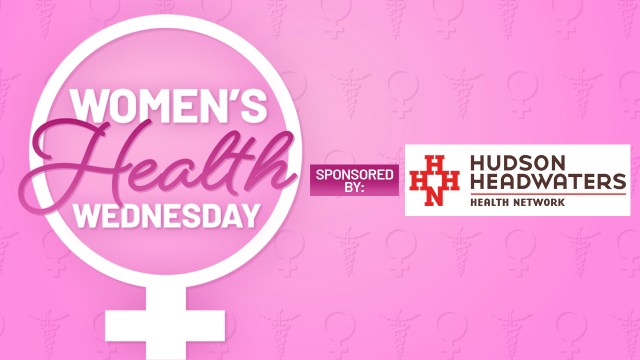Wyoming governor abortion pill ban and Texas judge potential decision to revoke an FDA approved abortion pill
ATLANTA, March 19, 2023 /PRNewswire/ — Today, the Black Women’s Health Imperative issued the following statement in response to attacks on medical abortions in Wyoming and Texas.
“We knew this was coming. We knew the attacks on our agency, our access, and ultimately our bodily autonomy had only just begun with the overturning of Roe. We knew they would go after yet another important part of women’s healthcare – medication abortion. And, now we truly know just what political leaders in certain states in America really think about the rights of Black women, indeed all women,” said Dr. Ifeoma C. Udoh, Executive Vice President of Policy, Advocacy & Science at the Black Women’s Health Imperative.
The facts are indisputable: Medication abortions are safe. Medication abortions became the preferred method for ending pregnancy in the United States even before the Supreme Court overturned Roe v. Wade, the law that protected the right to abortion care for 50 years. Now, a combination of the drugs mifepristone and misoprostol that can be taken at home is the most common form of medication abortion in the US.
This was an alarming end to the third week of Women’s History Month. In what seemed like coordinated anti-abortion fury, on Friday night Wyoming Governor Mark Gordon banned abortion pills in his state and allowed a separate measure restricting abortion to become law without his signature. That chilled the hopeful news out of North Dakota the day before, when the North Dakota Supreme Court ruled that a state abortion ban will remain blocked while a lawsuit over its constitutionality proceeds. A day earlier, Trump-appointed Texas Judge Matthew Kacsmaryk heard arguments about whether mifepristone could be sold in the US. His pending ruling could restrict access to the drug nationwide – thereby potentially criminalizing its use for women and providers across the nation.
Mifepristone has been deemed safe by the FDA for 20 years. It can be taken at home, is used in more than half of US pregnancy terminations and also treats other diseases and conditions. But a lawsuit filed by an anti-abortion group in Texas argues that the drug’s safety was never properly studied. The pills are already banned in 13 states with blanket bans on all forms of abortion care, and 15 states have limited access to abortion care pills. For the first time, a state judge is being asked to essentially overturn the approval of a drug with a long record of safety and effectiveness that has been safely used by more than 5.6 million people since it received FDA approval.
This ruling is particularly important to Black women living in Texas. According to a 2022 Texas Tribune
article, at least 50,000 Texans receive abortions each year, with Black Texans consistently having the highest rates of abortion. As of 2020, Black women accounted for 30% of all legal abortions in Texas. (Find here: Texas Abortion Statistics)
Carrying a child to term is not without its risks. The Maternal Mortality and Morbidity Review Committee report estimates that up to 90% of maternal deaths may have been preventable (See: Texas Tribune article December 2022).
Severe medical complications from pregnancy and childbirth also increased significantly between 2018 and 2020, surging from 58.2 to 72.7 cases per 10,000 deliveries in Texas.
Black women were twice as likely as white women and four times as likely as Hispanic women to die from pregnancy-related causes. Safe abortion care is often the only path to saving a woman’s life.
“All women – no matter their race or ethnicity – are now forced to acknowledge that we exist in a political and judicial environment that intentionally and openly disregards the body autonomy of women, and Black women in particular. These legal maneuvers are becoming synonymous with what the American public recognizes as the markers of a contemporary democratic breakdown. Human rights are being both questioned and challenged nationally,” added Dr. Udoh.
Despite this challenging week, the Black Women’s Health Imperative will continue to actively promote access to safe reproductive health services. We stand firm in our belief in the right to privacy and health equity – which means the right to access safe abortion-care options.
The Black Women’s Health Imperative will continue to educate those we serve on their rights, to encourage voter registration and civic involvement on all levels – especially the judicial – to ensure that our needs are voiced and represented. Most importantly, we will continue our efforts to achieve a reality in which all women have the unequivocal right to receive quality and dignified care.
About the Black Women’s Health Imperative:
The Black Women’s Health Imperative is the first and only national non-profit organization created for and by Black women dedicated to improving the health and wellness of our nation’s 21 million Black women and girls – physically, emotionally, and financially. Our core mission is advancing health equity and social justice for Black women across their lifespan, through policy, advocacy, education, research, and leadership development. https://reprojustice.bwhi.org/.
For Media Inquiries:
[email protected]
888.834.8451
[email protected]
SOURCE Black Women’s Health Imperative







